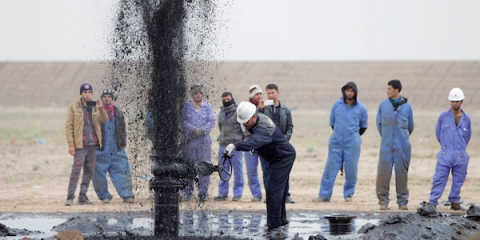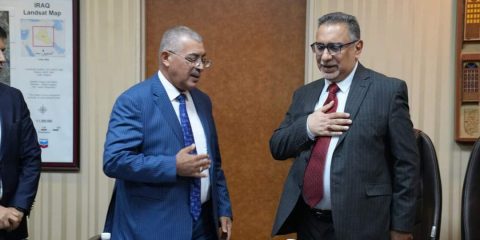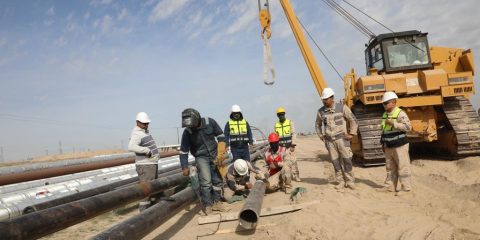Iraq: Not a Homecoming
In December 2018, I witnessed the violent closure of Kilo 18, a camp in Anbar given that designation because it was 18 kilometers from the town of Ramadi in central Iraq. The scene was awful: families screaming at soldiers, demanding an explanation for their expulsion; others quietly huddled together, their flip-flopped feet caked in cold […]Belkis Wille writes for Human Rights Watch:
In December 2018, I witnessed the violent closure of Kilo 18, a camp in Anbar given that designation because it was 18 kilometers from the town of Ramadi in central Iraq. The scene was awful: families screaming at soldiers, demanding an explanation for their expulsion; others quietly huddled together, their flip-flopped feet caked in cold mud, by their now-empty tents.
These were families who wanted to return home but were not being allowed to by the army and their local communities because they were perceived to have links to ISIS. Most often it was because a father, brother, or son was alleged to have taken up arms with the group. Now they were being told they had to leave the makeshift tents that had been home for the last few years and move to yet another camp. Any hopes of a true homecoming—back to the towns, villages, cities where they made their lives before Iraq tumbled into chaos in 2014—seemed more remote than ever. For many, going “home” is complicated, fraught, even dangerous. For others, it is impossible.





